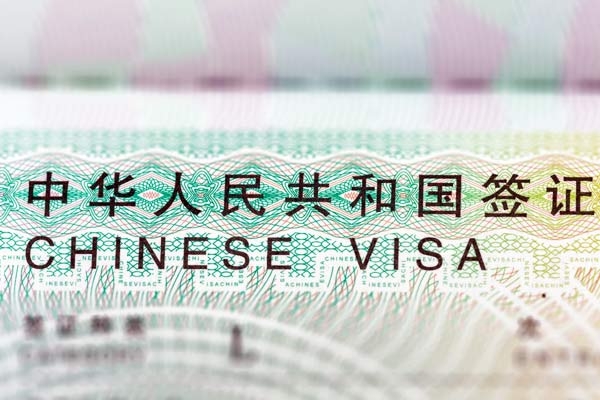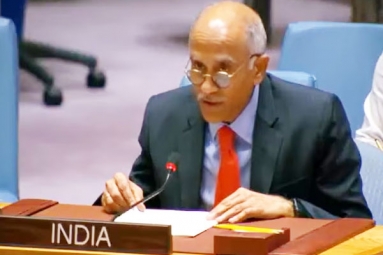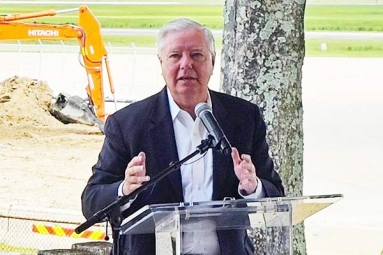
(Image source from: Canva.com)
The Chinese Embassy in India has granted more than 85,000 visas to Indian nationals from January 1 to April 9, 2025, representing a notable advancement in enhancing connections between the two countries. Chinese Ambassador Xu Feihong remarked, "By April 9, 2025, over 85,000 visas have been issued by the Chinese Embassy and Consulates in India to Indian travelers heading to China this year. We look forward to welcoming more Indian friends to explore China, experiencing its open, safe, vibrant, sincere, and friendly environment." This statement was shared in a post on X. The Chinese government has implemented a range of measures to ease travel procedures between India and China:
Eliminating Online Appointments: Indian visa seekers can now directly submit their applications at visa centers during business hours without needing to book an online appointment in advance.
Biometrics Exemption: For short-term visitors to China, the requirement for biometric data has been waived, which accelerates the application process.
Reduced Visa Fees: The cost of obtaining a Chinese visa has been significantly lowered, making travel more accessible for Indian tourists.
Faster Processing: The timeline for visa approval has been optimized, allowing for swifter issuance, which is advantageous for both business and leisure travelers.
Tourism Promotion: China is actively encouraging Indian tourists to visit by highlighting its rich cultural heritage and seasonal attractions, including various festivals and landmarks.
Since the beginning of his presidency, Donald Trump has consistently threatened countries, particularly China - the primary economic rival yet a crucial trading ally. Yu Jing, a spokesperson for the Chinese Embassy, underscored the significance of the economic and trade relationship between India and China, claiming, "The economic and trade connections between China and India are grounded in complementarity and mutual benefit. In light of the U.S. misuse of tariffs, these two major developing nations should unite to navigate challenges." Yu Jing further stated, "Trade and tariff conflicts yield no victors. All nations need to adhere to the principles of thorough consultation, embrace true multilateralism, and collectively oppose any forms of unilateralism and protectionist measures."
Despite the numerous obstacles faced in diplomatic relations between India and China, particularly the ongoing military tensions along the Line of Actual Control (LAC), this initiative can be interpreted as a gesture of goodwill aimed at demonstrating openness towards India and fostering trust. This Bottom-up approach aims to rebuild confidence, even as officials strive to address border and trade concerns.
The increase in visa issuances signifies a renewed dedication from both India and China to promote cultural, educational, commercial, and tourism interactions. China has always been a sought-after destination for Indian students, especially those studying medicine, with thousands enrolled in its universities. The revival of student travel has been positively received, as many were left unable to continue their education due to pandemic-related disruptions.







